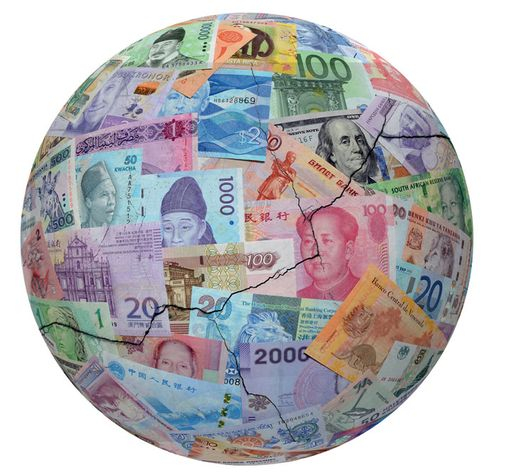Suche
Beiträge, die mit GeoEconomicFragmentation getaggt sind
"In 2023, the International Monetary Fund (IMF) summarised a number of studies that estimated the costs of geoeconomic fragmentation (GEF). These ranged from 0.9 per cent of global GDP under mild assumptions to as high as 8.5 per cent of global GDP under severe assumptions. There are no exact estimates to be had. These estimates should be contrasted with its biannual global economic forecast, the World Economic Outlook (WEO). The latest edition, of October 2024, penned global growth in 2025 at 3.2 per cent, unchanged from the 2024 estimate and a sliver less than the 3.3 per cent estimate in 2023. With latest economic data from the UK showing no growth and Germany faring equally badly, it is not surprising that global economic output has stagnated. Even if one were to filter out cyclical factors behind such fluctuations in output, the geoeconomic factors loom large in this story. In Britain’s case, growth has nosedived ever since Brexit and Germany’s economic travails are largely due to exorbitant costs of energy. The later phase of Germany’s Wirtschaftswunder was as much about sound economic management as it was about cheap energy, most of it from Russia. Once those taps shut, the German economy caught a chill.
Among the bright spots in this bleak scenario are China and India with estimated growth rates of 4.5 per cent and 6.5 per cent respectively in 2025. There are other economies with faster growth but they do not matter for global output as their share of output in the world economy is very small."
https://openthemagazine.com/cover-stories/a-fragmenting-world/
#Globalization #Protectionism #TradeWars #PoliticalEconomy #GeoEconomicFragmentation
Among the bright spots in this bleak scenario are China and India with estimated growth rates of 4.5 per cent and 6.5 per cent respectively in 2025. There are other economies with faster growth but they do not matter for global output as their share of output in the world economy is very small."
https://openthemagazine.com/cover-stories/a-fragmenting-world/
#Globalization #Protectionism #TradeWars #PoliticalEconomy #GeoEconomicFragmentation

A Fragmenting World
Are we about to see the end of three decades of global economic integration?Siddharth Singh (Open The Magazine)
